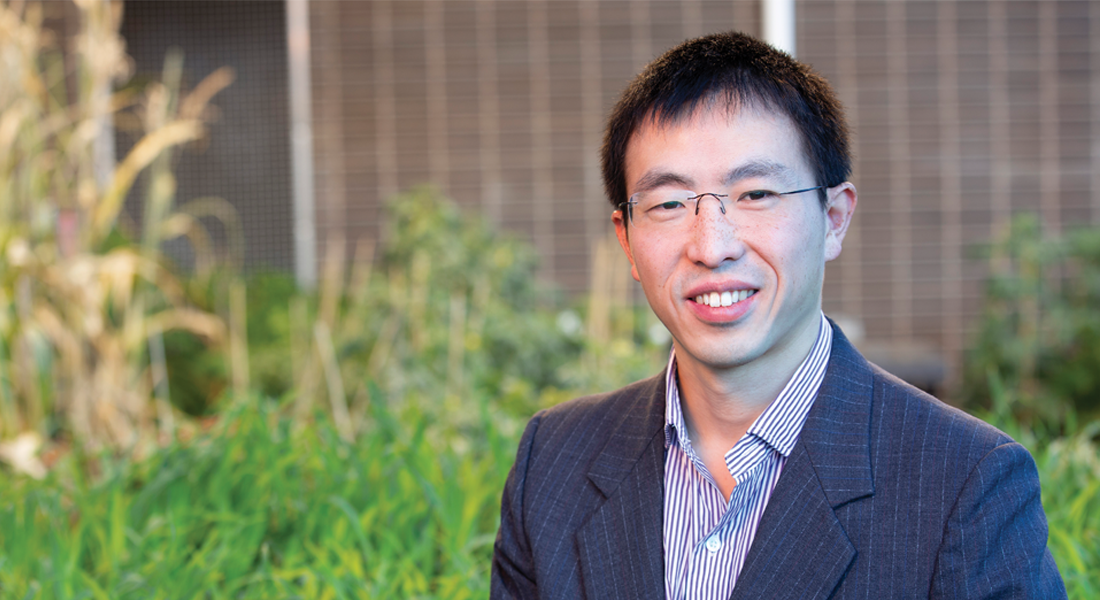With changes in global climate and environmental conditions, Wang and his team aim to optimize plant genetics to maximize resilience and expedite adaptation to changing environments.
Competition leads to superior models
Wang works to integrate his research into the undergraduate and graduate courses he teaches. Students in his industrial manufacturing and systems engineering classes get a unique introduction to the study of plant genomics and other nontraditional applications of engineering principles.
In most related research today, optimizing genomics is based on finding pairs with the highest genetic estimated breeding value (GEBV). In Wang’s class competitions, students have identified ways to further improve his methodology. A winning proposal from Wang’s students took his algorithmic models one step further by accounting for the complementarity of breeding pairs and generational differences.
“When the results were back from the student projects, I was so amazed,” Wang said. “They were really out-of-the-box designs, and they are not like any algorithm you have seen in the literature.”
The novel and innovative findings generated from Wang, his team and his students will continue to drive the future trajectory of the research, solidifying the nexus between plant genetics and engineering.
